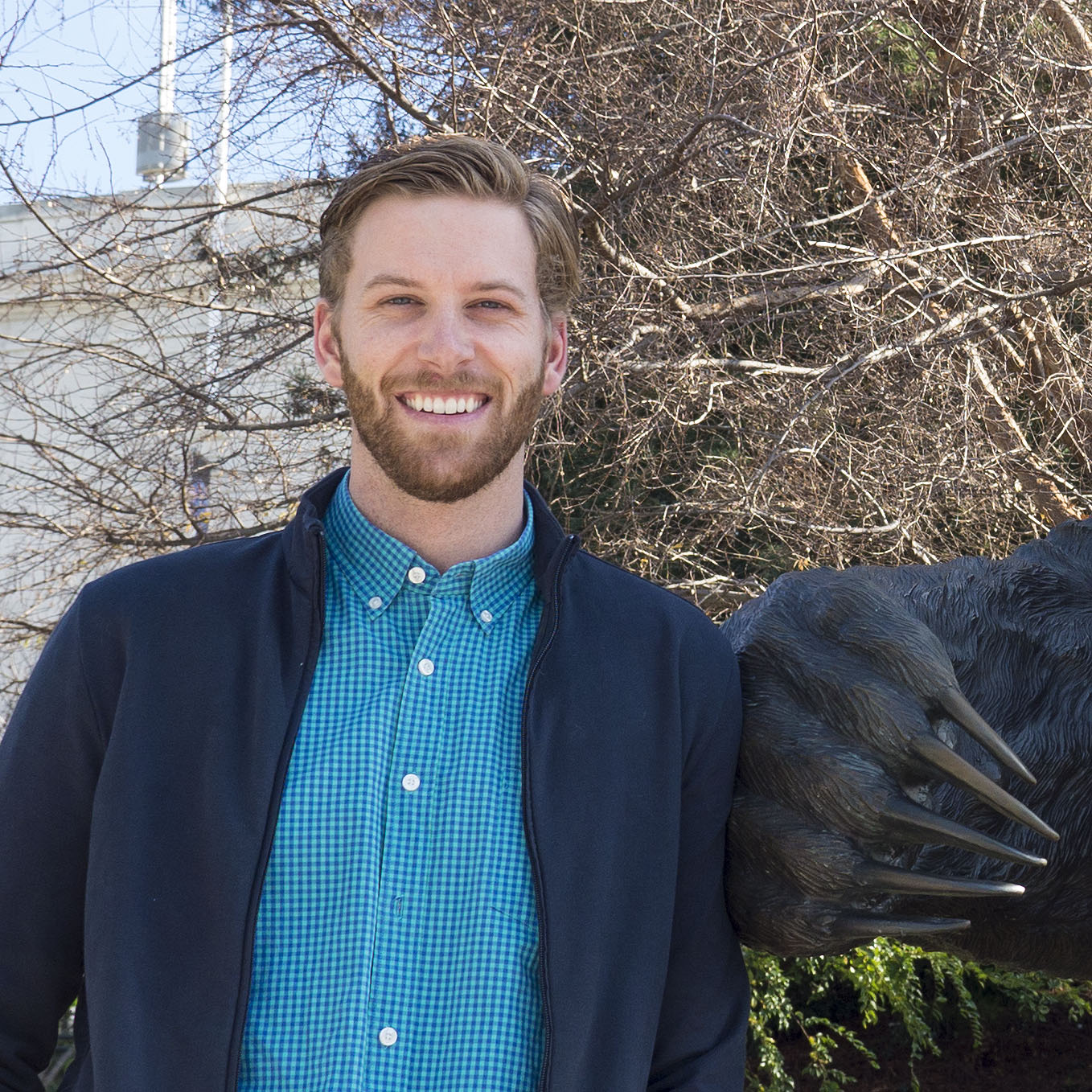 Hometown: Oakland, CA
Hometown: Oakland, CA
Education: UC Berkeley 2011
I played baseball for Cal as an undergrad. During my senior fall, baseball was cut along with a number of other athletics programs. We (the team), along with the help of alumni, donors and sponsors raised $10 million to reinstate the program and ended up making it to the College World Series. It was a wild experience.
After I graduated, I signed with the Washington Nationals and played professionally for four years. I always tried to be honest with myself throughout my career and when I knew I wasn’t going to make it to the big leagues, I decided it was time to do something else. Even while I was playing, I had always had an interest in the athlete representation side of the business.
I went to work for a sports agency in Dallas. That was a great experience. It gave me a close look at what a sports agent really does, what’s necessary to stand out in that field, and what the skill set of a good agent is. I realized being an attorney is a huge advantage, both for the agent and their players. In an industry replete with hundred-million dollar contracts, there are surprisingly few agents who are lawyers.
So I made the decision to go back to school. Fortunately, I got into Berkeley Law because I was ready to come back to the Bay after three years in Dallas.
The transition from the professional world to law school has been a little surreal, especially being back on campus, since I haven’t been here since I was in my early 20s. Having worked in an industry that doesn’t really have “down time,” managing the workload hasn’t been a huge adjustment—don’t get me wrong, it’s really hard, I am reminded daily that I am far from the smartest person here. My classmates are truly impressive. But, it has been great to be back in an academic setting because in the professional world very seldom do you have “end zones,” goals, targets you are actively moving towards. It’s exciting to have the J.D. ahead of you and to feel like each semester is another step towards that goal.
I think the basic rational thinking skills we’re gaining as 1Ls are applicable to any job. But Written and Oral Advocacy is probably the most applicable to the role of a sports agent because arbitration is a huge part of being an effective representative for professional baseball players. So learning to write an effective advocacy brief is a skill I’ve really enjoyed developing.
Student athletes are well suited for law school because they have a unique ability to balance time management. As a D1 athlete, first thing in the morning you have practice, then you go to class, then after class you’re back on the field. You’re constantly juggling two important priorities, both of which you can’t come up short on. I think that certainly helped prepare me for the heavy workload of law school. I’ve also played in front of 30,000 people. That might give me a slight edge in oral advocacy when the time comes. Though, I didn’t have to speak from the mound, I just had to pitch.